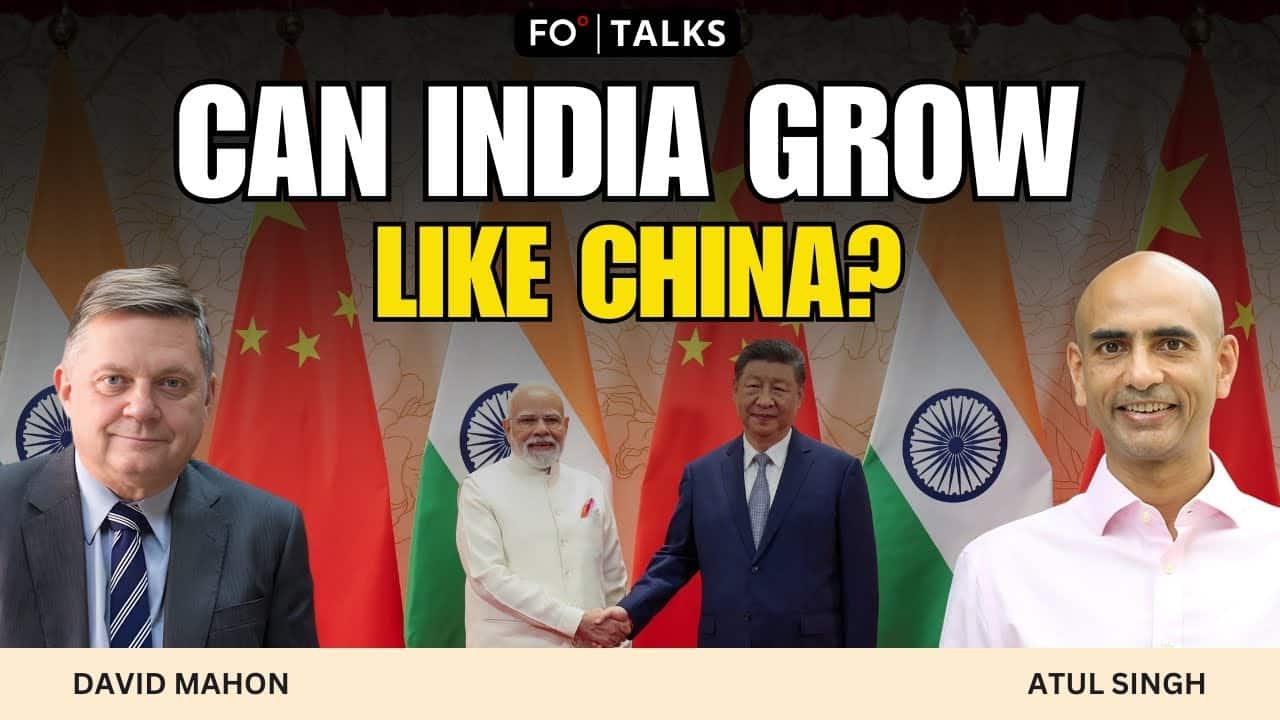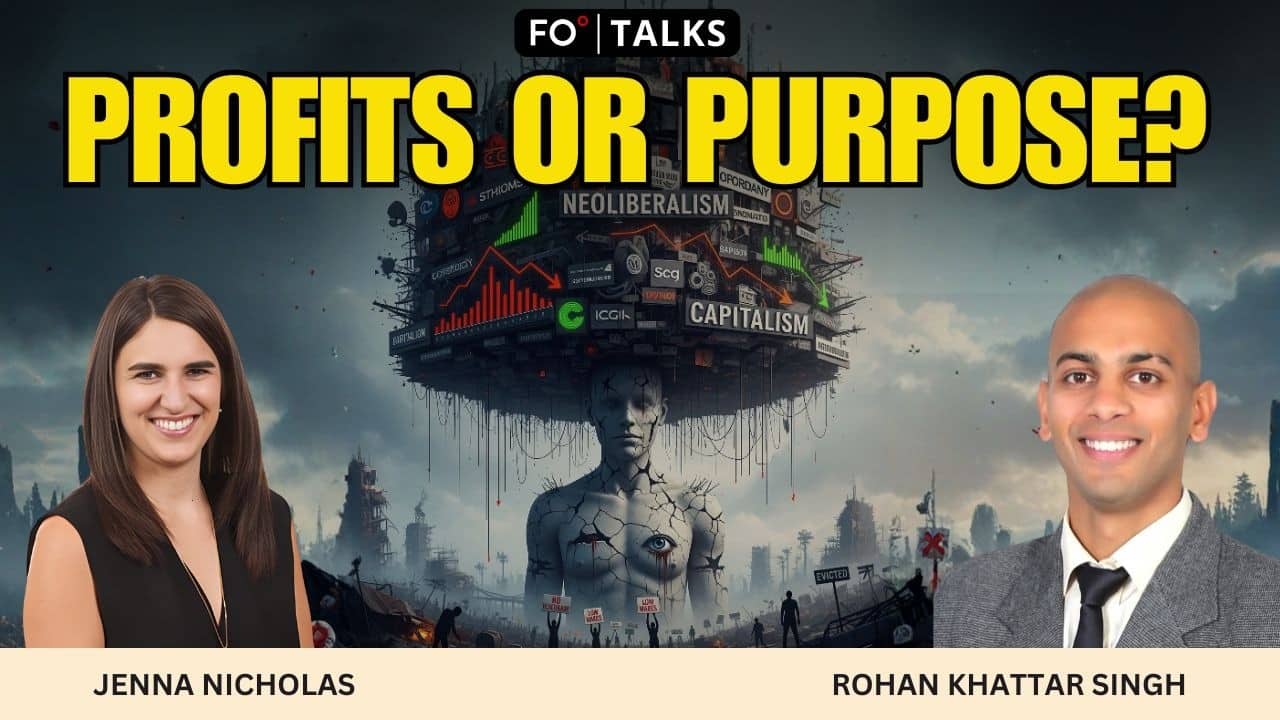Afghanistan is in turmoil. The democratic government installed by the US collapsed after 20 years. This government was a result of a US-led attempt to modernize and reform Afghanistan. However, this Kabul regime lost popular support because of pervasive corruption and fell even before the last US troops left in 2021.
In part one and part two of this discussion, we explored the history of Afghanistan, covering ground until the collapse of the US-backed democratic government. In this final part, Barfield talks about what has happened after American troops have left and postulates what we can expect in the future.
Ashraf Ghani’s government spectacularly failed to keep the country together after the rather chaotic and hurried American pull-out from Afghanistan. Within just a week, the Taliban took over almost all of Afghanistan’s cities. Even Kabul fell without much resistance.
Barfield explains that this pattern repeats throughout Afghanistan’s history. When a regime fails, its support evaporates and victors walk into the capital without much bloodshed. This creates the illusion that they hold absolute power. Many regimes that began this way ended up in the same manner, falling to the next set of troops that marched in.
Afghanistan is a multi-ethnic state going through much strife. Yet despite all of its political instability, Afghanistan is not on the verge of breaking up. Barfield argues that, if the country had to implode, it would have done so already. Afghanistan has survived despite its long history of instability and civil wars.
In Afghanistan’s culture, ethnicity and nationality are two quite different things. There is no strong desire to create ethnic states. Rather, groups jockey for position within the loose mutli-ethnic state. Barfield’s extensive familiarity with Afghan ethnic politics enables him to dispel some popular, but inaccurate, Western assumptions about how “Pashtun,” “Tajik” or “Hazara” identity work.
For now, the Taliban are in charge. However, we do not know for how long. Also, it is important to analyze what they are trying to accomplish.
In some ways, the Taliban’s treatment of women has been even more oppressive than it was during their prior rule in the 1990s. They have instituted a complete social separation between men and women. Even in other conservative Islamic states like Iran, women are not excluded from the economy as they are now in Afghanistan.
Simultaneously, Afghanistan’s society is less receptive to this sort of imposition. Before the US invasion, the share of the population living in cities was around 10%. That number has now tripled to about 30%. What’s more, women are far more educated after 20 years of liberal governance than their mothers and grandmothers. These women will certainly have a hard time swallowing the Taliban’s new norms.
So, is Afghanistan headed for a crisis? It seems likely, but it is not clear what form this crisis will take. Afghanistan’s food insecurity is worrying, and the regime may not be able to moderate itself enough to cooperate with foreign aid—even from Pakistan. If the government has to seize large amounts of food from local farmers, it could undermine its own support.
If support for the Taliban falters, what possible alternative could replace them? Plausibly, the first place to look would be factions within the Taliban itself. Local groups could split from the hardline leadership over the women’s issue if they reason that the economic hardship is too great. Without the common enemy of the US, there is less that now unites the Taliban, and no telling what could happen when push comes to shove.
Afghanistan: A Cultural and Political History published by the Princeton University Press. You can buy the book here.
[Anton Schauble wrote the first draft of this piece.]
The views expressed in this article/video are the author’s own and do not necessarily reflect Fair Observer’s editorial policy.









































Comment